Two world-renowned language planning scholars, Proff Tove Skutnabb-Kangas and Robert Phillipson, visited Stellenbosch University in October. Both of them are recipients of the coveted Unesco Lingua Pax Prize and they were visiting South Africa as guests of the Academy of Science of South Africa. These two scholars are particularly well-known for their work in the fields of language planning, multilingual education and language imperialism.
During their visit to Stellenbosch, they presented a seminar hosted by the Language Centre. They addressed the audience on the topic Counteracting market-force monolingualism in a multilingual world, respecting linguistic human rights in education, and fighting poverty through language policy.
In a provocative and highly informative seminar they touched on issues such as the ineffectiveness of African language policies, the linguistic ‘genocidal’ effects of the hegemony of English, and the notion of ‘linguicism’, a phenomenon referring to “ideologies, structures and practices which are used to legitimate, effectuate, regulate and reproduce an unequal division of power and resources between groups which are defined on the basis of language”, also indicating that most education systems worldwide reflect linguicism. In a wide-ranging – and at times even controversial – presentation they indicated the role of language, especially the medium of teaching, in human rights violation, which can be seen as a form of linguistic and cultural genocide (based on the definitions of the UN Genocide Convention).
In one of many lighter moments, Prof Skutnabb-Kangas interjected: “Monolingualism is an illness, but there is good news: It can be cured!”
After the visit, the two professors voiced their admiration for what they have seen at Stellenbosch University as follows: “When we compare your work and results with other countries worldwide, there really is nothing similar … The language policy challenges and the need for urgent change in how multilingualism is handled in education are formidable. It is encouraging that some universities are acting constructively.”
This post is also available in: English



